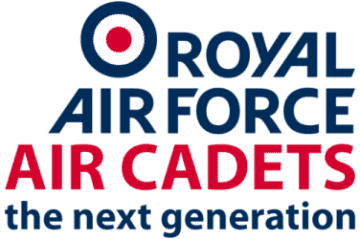Operation SHADER began six years ago on the 9 August 2014, when the Royal Air Force began a series of humanitarian aid airdrops onto Mount Sinjar in Northern Iraq.
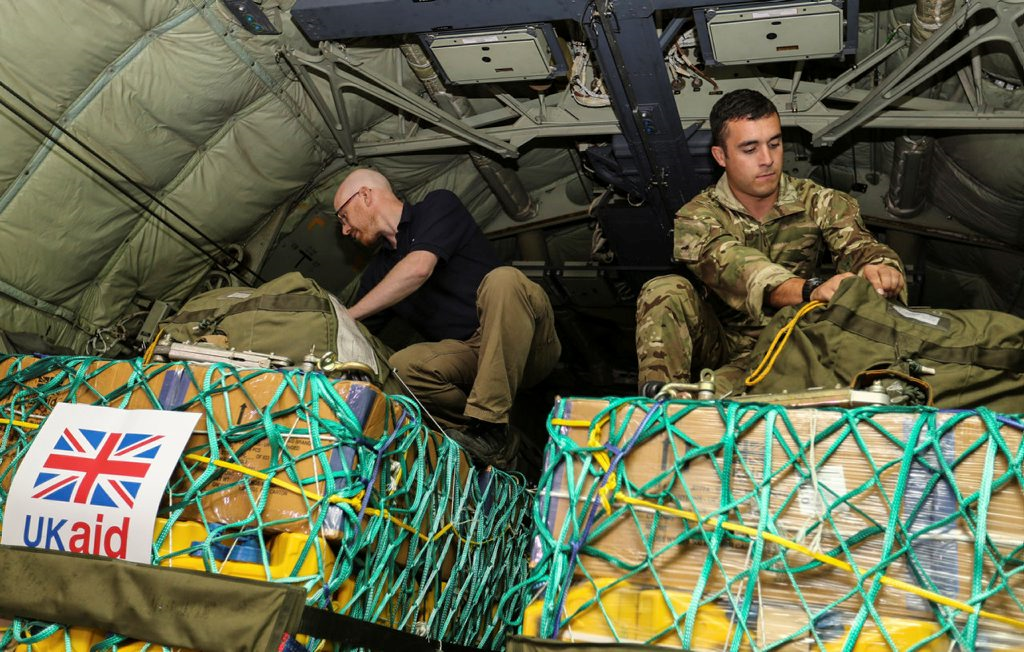
The airdrops were ordered following the genocide of the Yazidi people and other ethnic minorities by Daesh in Northern Iraq, which had led to these people fleeing onto the mountainside to escape Daesh. Following the conclusion of the aid drops , the operation quickly changed to become the UK element in the US lead coalition that began the campaign to destroy Daesh.
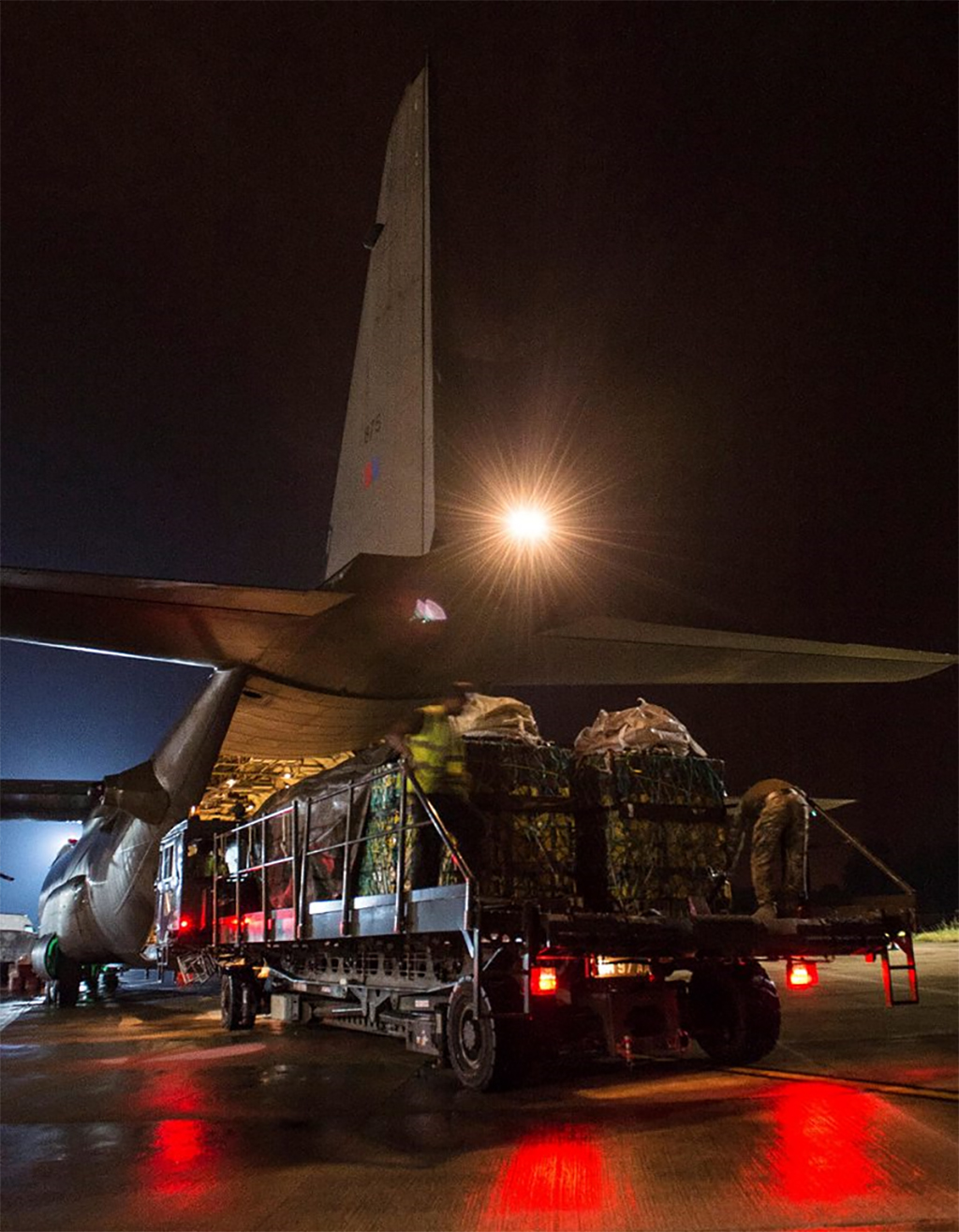
Royal Air Force C-130s carried out seven successful aid drops and delivered vital water, shelter and supplies to the Yazidi people trapped on the mountain at the time. One of the aircrew that carried out the RAF airdrops was Wing Commander Calvin Bailey, who back then was a Squadron Leader.
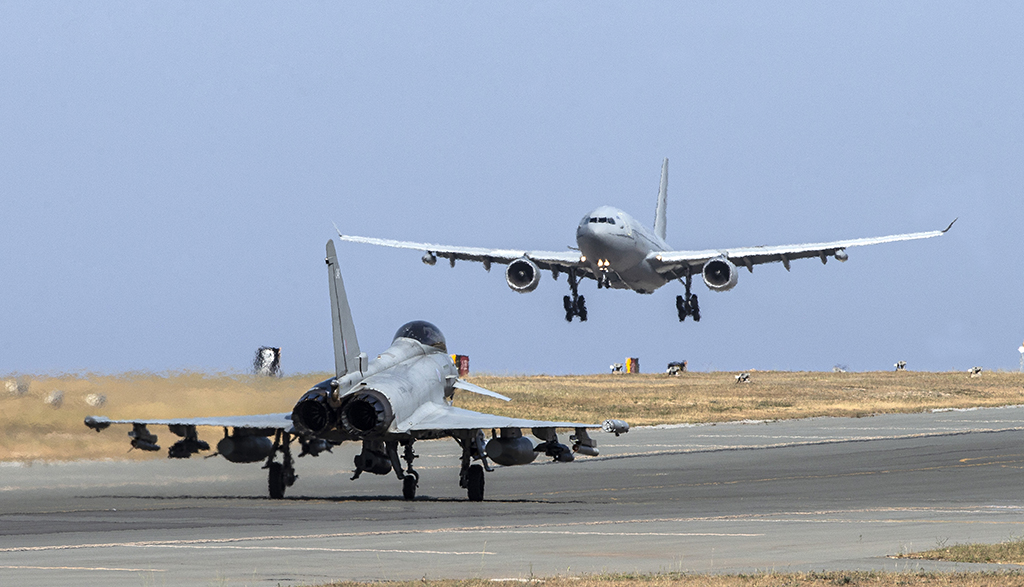
Wing Commander Bailey is once again back serving on Op SHADER exactly 6 years later, this time as the Commanding Officer of 903 Expeditionary Air Wing. Looking back at the aid missions he said:
“It was emotional, and still is emotional. It gives a great sense of pride that we live in a Country that chooses to go and help in situations like that. It gives great legitimacy to your underlying reasons for service.”
Wing Commander Calvin Bailey
Officer Commanding
No. 903 Expeditionary Air Wing
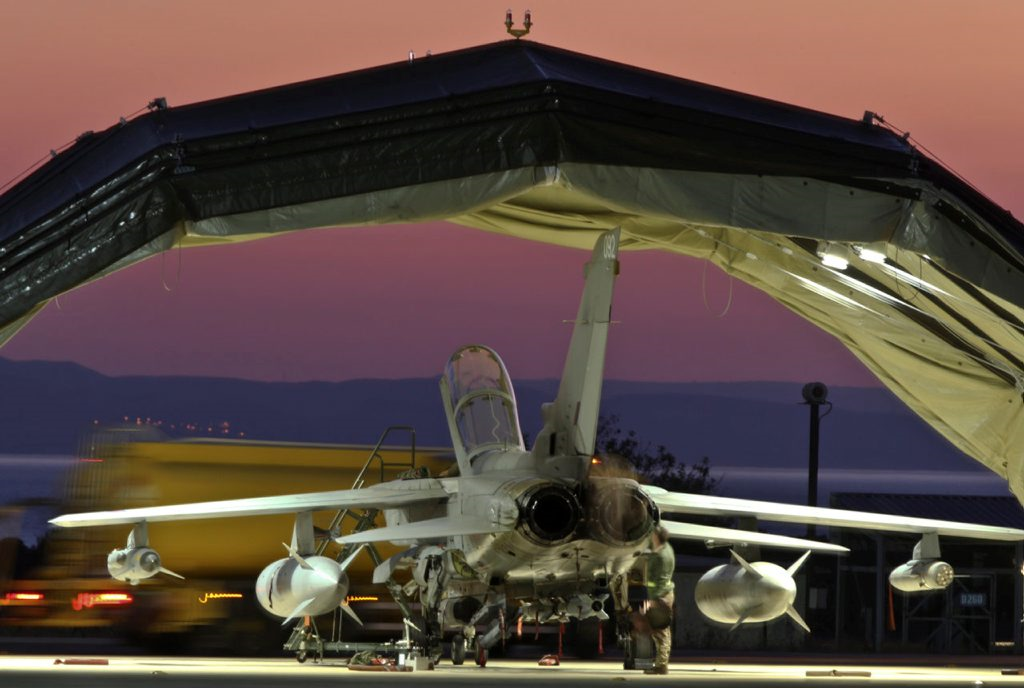
Following the aid drops, the RAF changed focus to surveillance, an undertaking that saw the RC-135 Rivet Joint deployed on its first ever operational sortie. Simultaneously, Tornado GR4’s, Reaper, Sentinel and E-3D Sentries were also in operation across theatre. Intelligence gathered resulted in the first airstrike taking place on 30 September 2014.
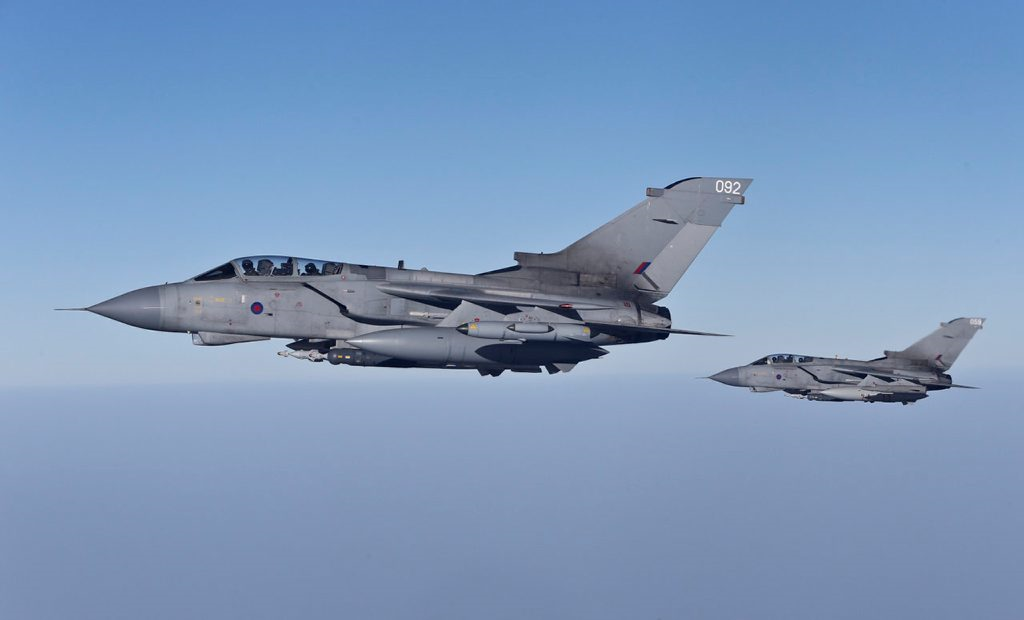
Six years later and many of the aircraft operating on Op SHADER have changed, mainly as a result of the successes achieved. One of the most notable changes however has seen the withdrawal of Tornados from RAF service, and their replacement by the Typhoon FGR4 aircraft. The Typhoons are now mainly conducting surveillance taskings with occasional air strikes as targets are identified.
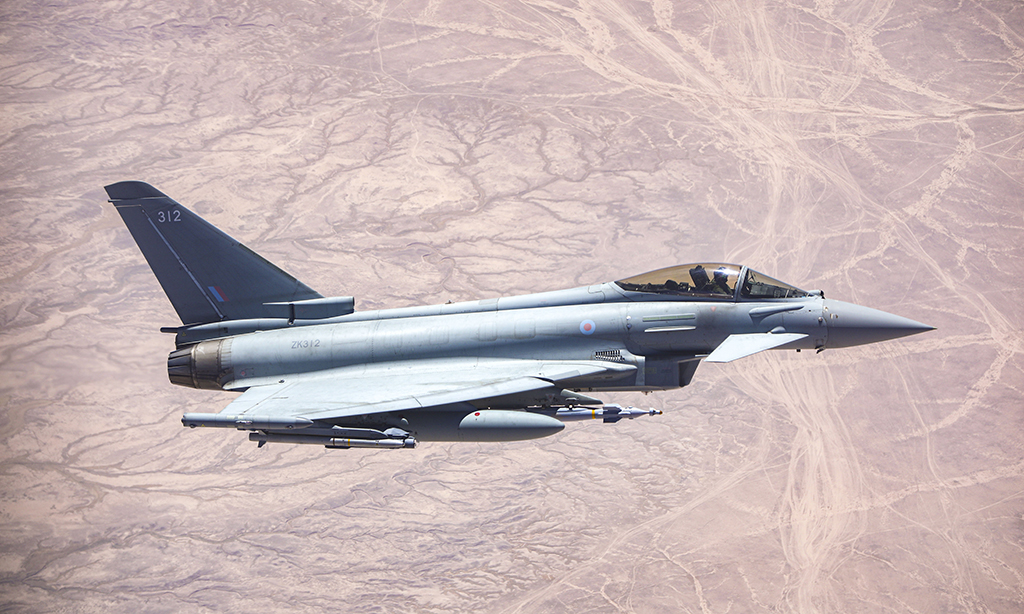
Operation SHADER has seen a multitude of personnel and aircraft involved across the Joint Operating Area, the change in tempo is testament to the success of all those involved and of those who continue to help work towards peace in the area.
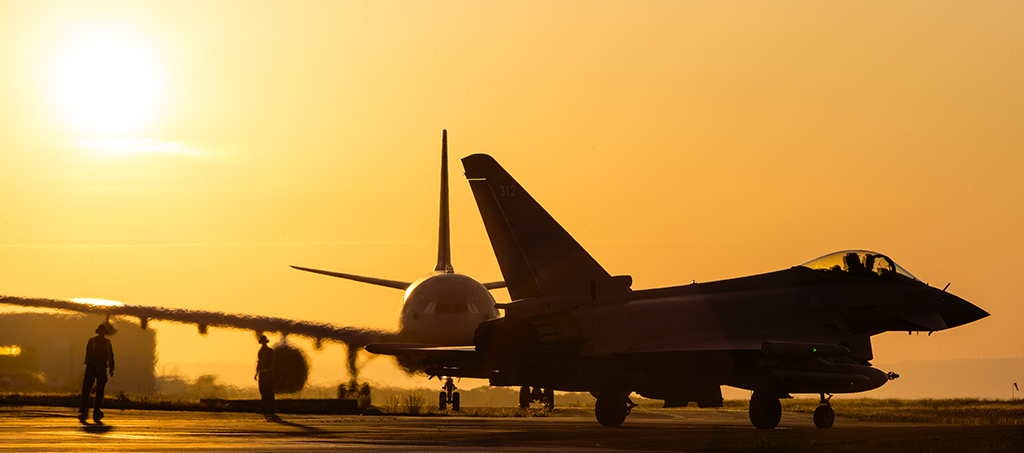
Reflecting on Op SHADER six years on, Wing Commander Bailey said:
“We remain in situ at the request of the Government of Iraq but with circumstances significantly improved. The Daesh attempt to set up a so called Caliphate has been defeated and we are now supporting the Government of Iraq to rebuild and establish security across their entire country as they fight the terrorist insurgency that Daesh are now conducting.
“The front of any operation is the aircraft, but actually all the work and effort is from the people that are unseen. Our part today is the continued support and sustainment of those personnel actively engaged in assisting the Government of Iraq, and to provide assurance in the skies for those people who we previously came to help.”
Wing Commander Calvin Bailey
Officer Commanding
No. 903 Expeditionary Air Wing

